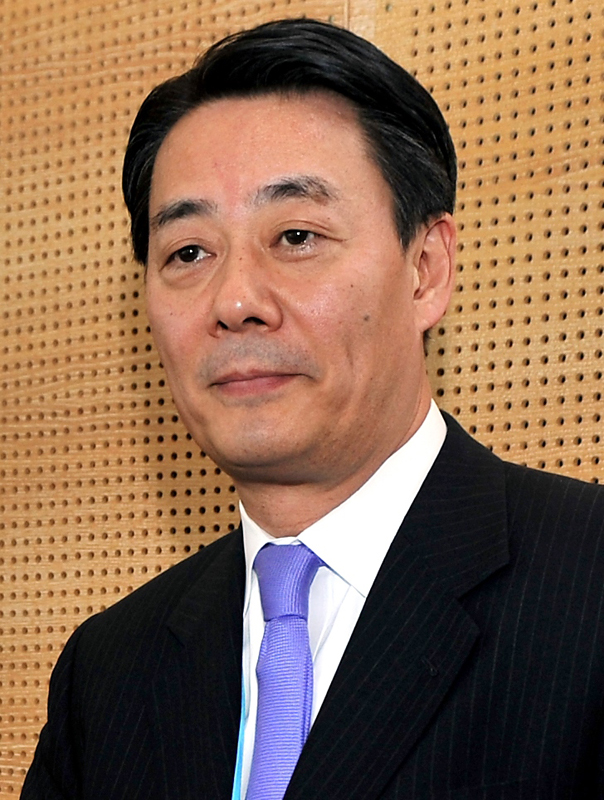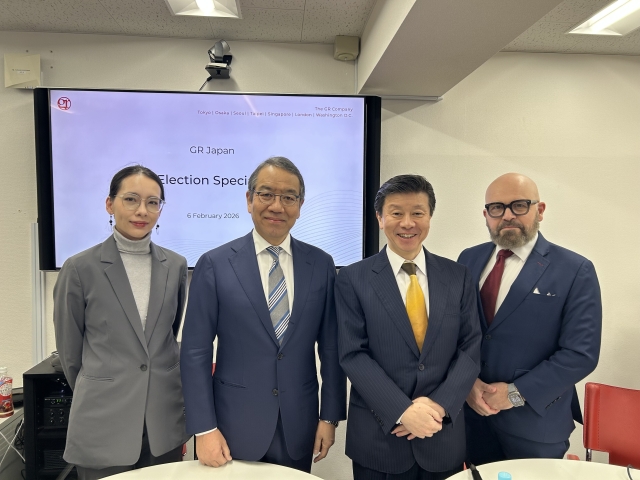Japan’s GDP contracted by 0.9% in the first quarter following the triple disasters of 11 March. The government has launched a number of initiatives to support the affected areas, including that of establishing a “special economic zone” in Tohoku where regulations will be relaxed to boost business, as one way to stimulate the region out of the current economic crisis.
At the same time, regulatory reform on the national level seems to be driven by the pursuit of trade agreements. At the EU-Japan summit of 29 May, for example, the EU and Japan agreed to start the process for parallel negotiations for a “deep and comprehensive” free trade agreement (Economic Partnership Agreement), addressing all issues of shared interest, including tariffs, non-tariff measures, services, investment, Intellectual Property Rights, competition and public procurement. Japan is also about to make a crucial decision on whether to join negotiations on membership of the Trans-Pacific Partnership (TPP) multilateral free trade agreement.
METI Minister Banri Kaieda shared his views on these and other key issues for the future of the Japanese economy.




